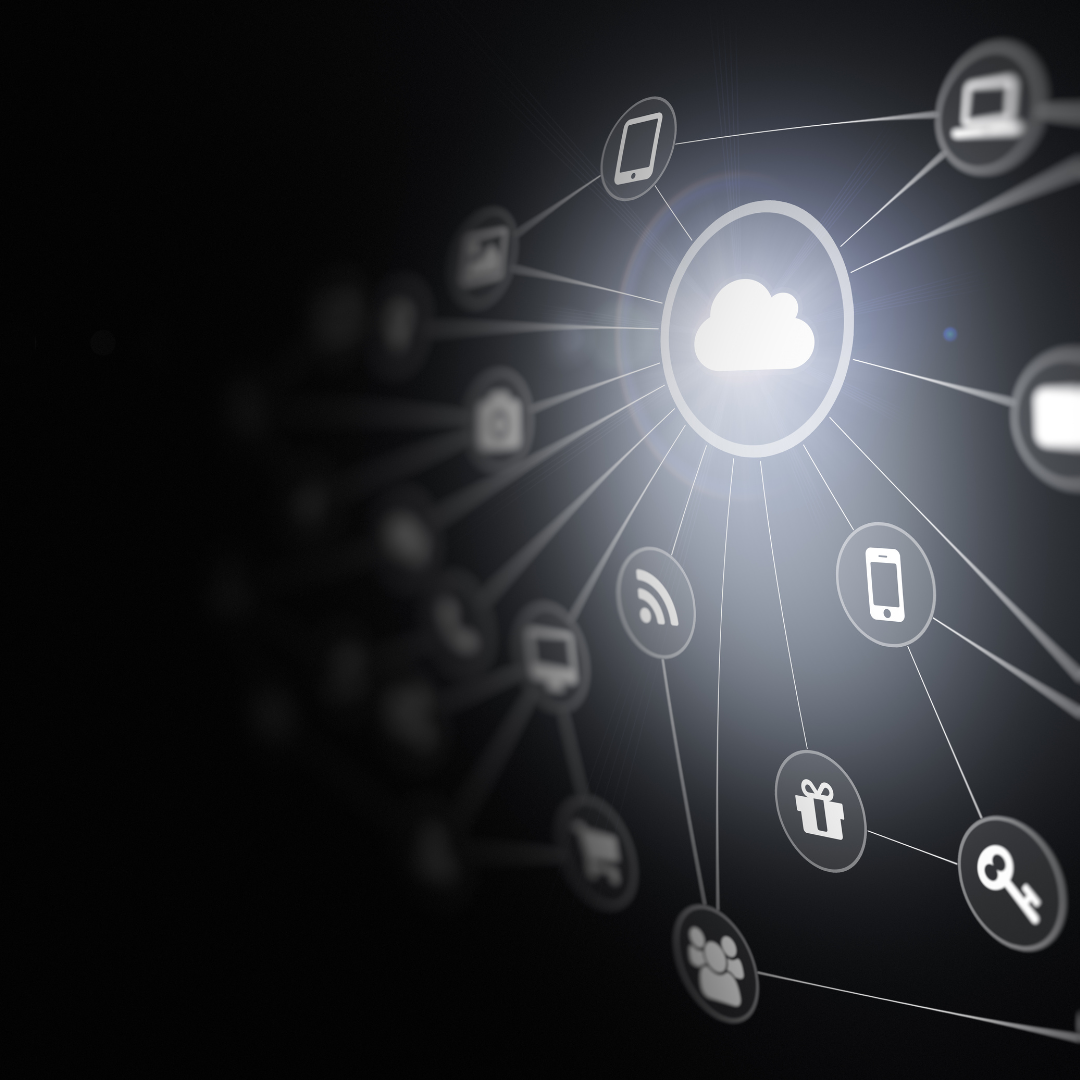

Blog: Tuesday, 29 April 2025
Authors: Una Galyeva, Founder, Honest Data and AI Consulting
Farhan Latif, Development Practitioner specializing in AI and its impact on the workforce in the Global South, Doctoral Candidate at the University of Waterloo, Canada, and Reshaping Work Fellow
"Let's use AI as the operator, but not the thinker. Lead with human intuition, and let AI handle the grunt work."
How can we best integrate modern technologies like AI into the workplace—technologies that may compete with human intelligence and professional skills? Is AI destined to augment human abilities, or will it render them less valuable and ultimately replace them? This debate was at the forefront of discussions among industry leaders and scholars at the Reshaping Work 2024 conference, where the implications of AI on workplace decision-making were rigorously explored. The conversations highlighted the struggle to balance embracing technological advancements and preserving the quintessential human elements of critical thinking and judgment.
There's no denying the significant advantages that AI brings to the workplace. If implemented correctly, it can efficiently handle repetitive and time-consuming tasks, freeing professionals to focus on more complex use cases. Advanced algorithms can sift through vast datasets to identify trends and patterns that might elude human analysts. Such capabilities are immensely attractive in customer-facing sectors, where AI can personalize services and respond rapidly to individual client needs. These benefits point to a promising digital future where AI is a powerful ally—a win for the client and the business. But at what cost? As one conference participant pointed out, "Are we losing critical thinking to quick shortcut tools"?

The enthusiasm for integrating AI into the workplace is tempered by logical concerns that overdependence might discount essential human skills and erode critical thinking among its users. Generative AI tools are becoming increasingly accessible, tempting professionals to rely on them for quick answers without fully engaging their cognitive faculties. How do we handle the risk of overreliance on these tools that may boost productivity in the short term but come at the long-term expense of human skills that require practice, experience, and refinement? Constantly and quickly turning to AI for solutions may devalue critical thinking, hinder the development of problem-solving abilities, and reduce opportunities for deep learning. That increases the risk that professionals might accept AI-generated outputs without sufficient scrutiny, leading to dire consequences and a shallow understanding of their fields.
But the path forward doesn't have to be a choice between overreliance on AI or humans. Instead, it's about collaborative synergy and how the two can coexist symbiotically. In the future, fostering AI literacy will be essential to ensure professional managers use AI effectively. More importantly, understanding what AI cannot do would be critical for making informed decisions about its application among professionals and managers.
Businesses will need to work with AI with a critical mindset that balances trust with healthy skepticism (and skilled professionals who can do so), verifying AI outputs to maintain high standards. Upholding worker agency in this transition would be paramount as professionals should have control over AI tools, ensuring they serve human interests and ethical standards. This approach also requires firms to establish clear frameworks that address the questions about skills, accountability, and control. Questions such as. Who is responsible when AI makes a decision? Liability remains a concern, and establishing clear principles will be crucial for businesses, especially in sectors where decisions have profound consequences.
An important consideration for the future in the age of AI is identifying and valuing human skills that will remain vital for workplace success when AI's analytical abilities become superior and its abilities function closely intertwined with cognitive tasks. While AI can process information, it cannot replicate the richness of human experience and the human understanding of the context of the analysis. It may not surpass innate human capacities like empathy, intuition, and ethical reasoning. In complex situations, human judgment is crucial to interpret subtleties that AI might miss. Professions that require interpersonal interactions depend on empathy—something AI cannot replicate.
Imagine a model where AI provides precise data and real-time analytics while workers apply their expertise and respond to unexpected developments. This exemplifies how AI can augment human capabilities without supplanting them. The narrative doesn't have to pit humans against machines. Instead, it's about crafting a sustainable future where AI and human expertise complement each other. Encouraging inclusiveness and open technology is crucial. Involving end-users in AI adoption and advocating for open-source AI can make technology implementation more equitable and user-centric. Open dialogue and inclusive approaches to AI implementation can lead to collective advancement and innovations that benefit society. Besides, as AI technology evolves, it is necessary to balance its advancement with environmental sustainability and ethical responsibility. Being mindful of the environmental impact of large-scale AI deployment is essential; sustainable practices should be integrated into AI development to mitigate ecological consequences.
When used judiciously, AI can empower professionals to achieve more than ever before. Yet preserving the human essence and focusing on critical thinking and ethical considerations will require informed decision-making to ensure the human element remains at the core of professional practice.
"Let's use AI as the operator, but not the thinker. Lead with human intuition, and let AI handle the grunt work." This mantra encapsulates the ideal relationship with AI—leveraging its capabilities while retaining ownership of our intellectual processes.
Honest Data and AI Consulting


Science Communication and Media Officer
Rotterdam School of Management, Erasmus University (RSM) is one of Europe’s top-ranked business schools. RSM provides ground-breaking research and education furthering excellence in all aspects of management and is based in the international port city of Rotterdam – a vital nexus of business, logistics and trade. RSM’s primary focus is on developing business leaders with international careers who can become a force for positive change by carrying their innovative mindset into a sustainable future. Our first-class range of bachelor, master, MBA, PhD and executive programmes encourage them to become to become critical, creative, caring and collaborative thinkers and doers.
